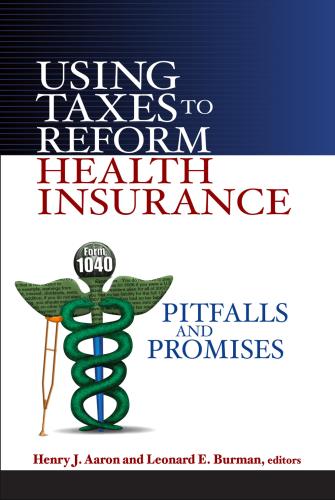This analysis is part of the USC-Brookings Schaeffer Initiative for Health Policy, which is a partnership between Economic Studies at Brookings and the University of Southern California Schaeffer Center for Health Policy & Economics. The Initiative aims to inform the national health care debate with rigorous, evidence-based analysis leading to practical recommendations using the collaborative strengths of USC and Brookings.
Experts from the USC-Brookings Schaeffer Initiative on Health Policy recently submitted comments to the U.S. Senate Committee on Health, Education, Labor, and Pensions on a new bipartisan discussion draft to address health care costs. Last winter, the committee requested recommendations from Brookings and the American Enterprise Institute (AEI) on policies to reduce health care costs, from which this discussion draft incorporates a few suggestions.
The experts’ comments addressed three aspects of the discussion draft that have particular potential: proposals to address surprise billing, reforms to prevent anti-competitive behavior in health care markets, and a proposal to create a nationwide health care cost transparency organization. They also indicate other areas for reform not mentioned in the draft, including expanding the use of site-neutral payments in Medicare, reforming the catastrophic phase of the Medicare Part D drug benefit, reforming the tax treatment of employer-sponsored health benefits, and expanding the resources available for anti-trust enforcement. Read the full letter here.
Additional resources on surprise billing are available here.
The Brookings Institution is committed to quality, independence, and impact.
We are supported by a diverse array of funders. In line with our values and policies, each Brookings publication represents the sole views of its author(s).












Commentary
Op-edComments on the Lower Health Care Costs Act of 2019
June 6, 2019